-
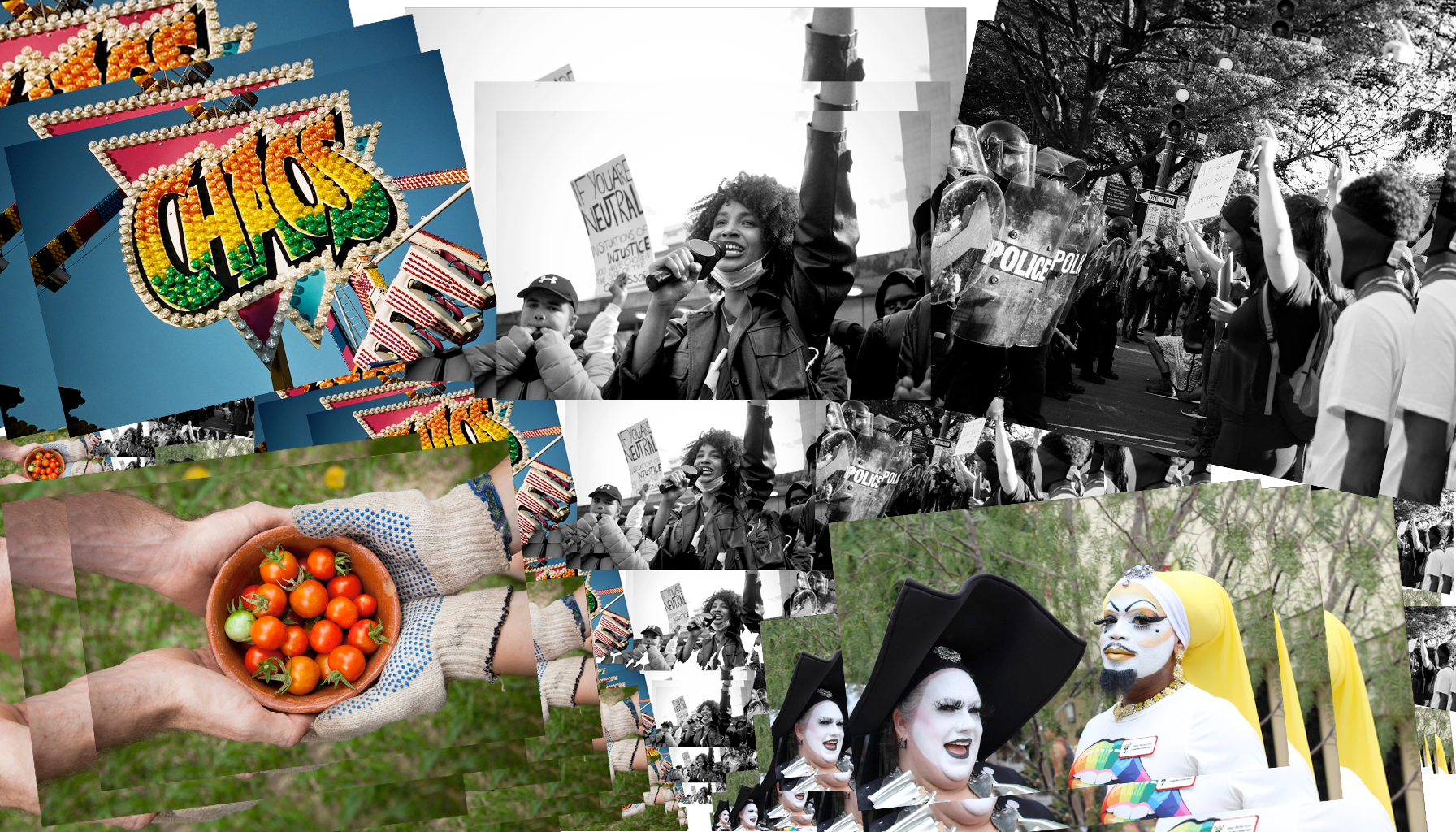
In a world that often feels like it’s spinning out of control—where inequality, division, and authoritarian tendencies seem to be on the rise—trying to understand how society works and how we can make a difference can feel overwhelming. The work of T.R. Young offers a fresh way to look at these challenges. He uses Chaos…
-
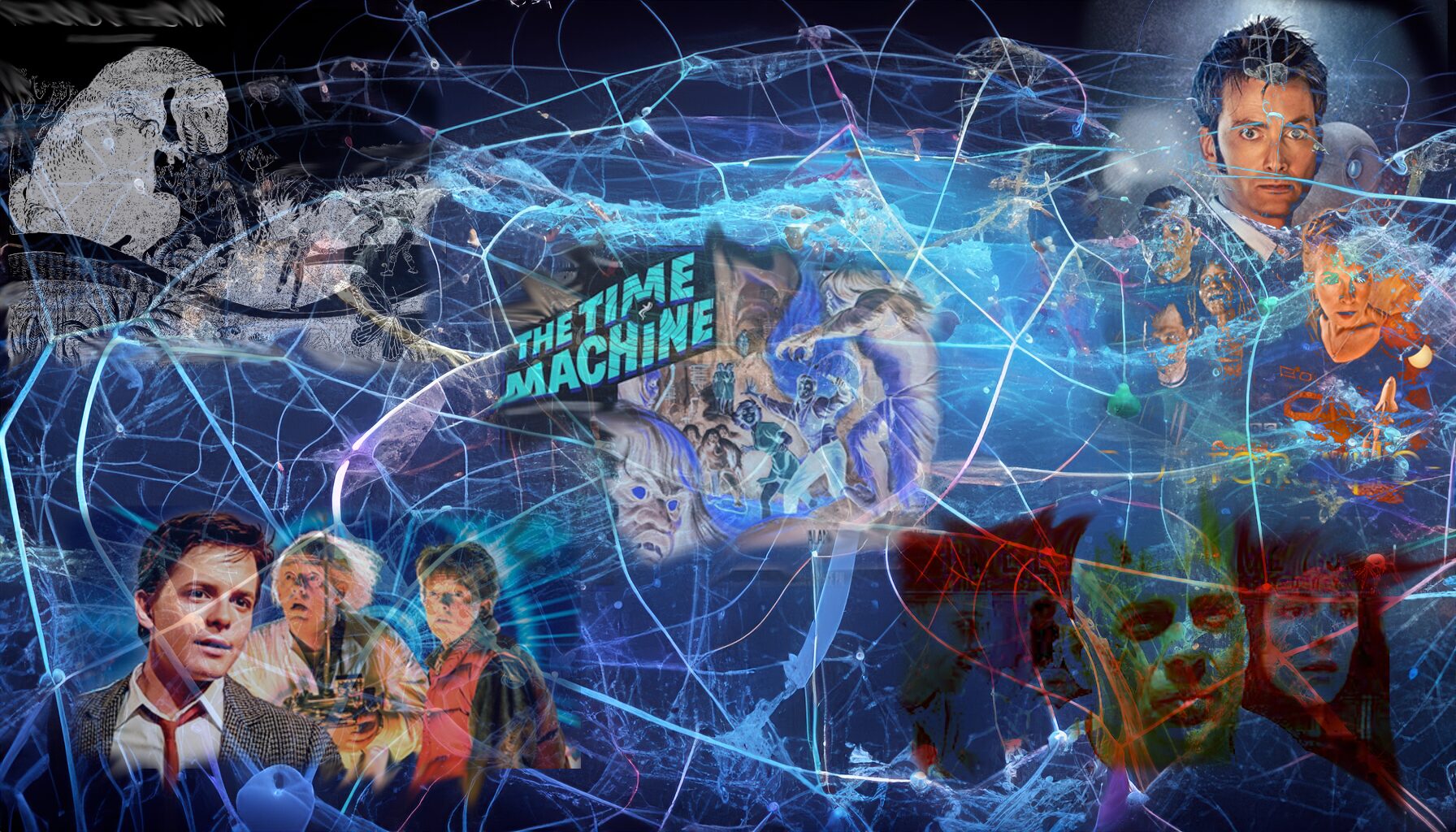
We all know from our Science Fiction studies into Time Travel, that small changes in the past have a radical effect on the present. And we have seen how malicious actors have been manipulating our society using Chaos to their advantage. But how many of us consider how small actions in the present can have…
-
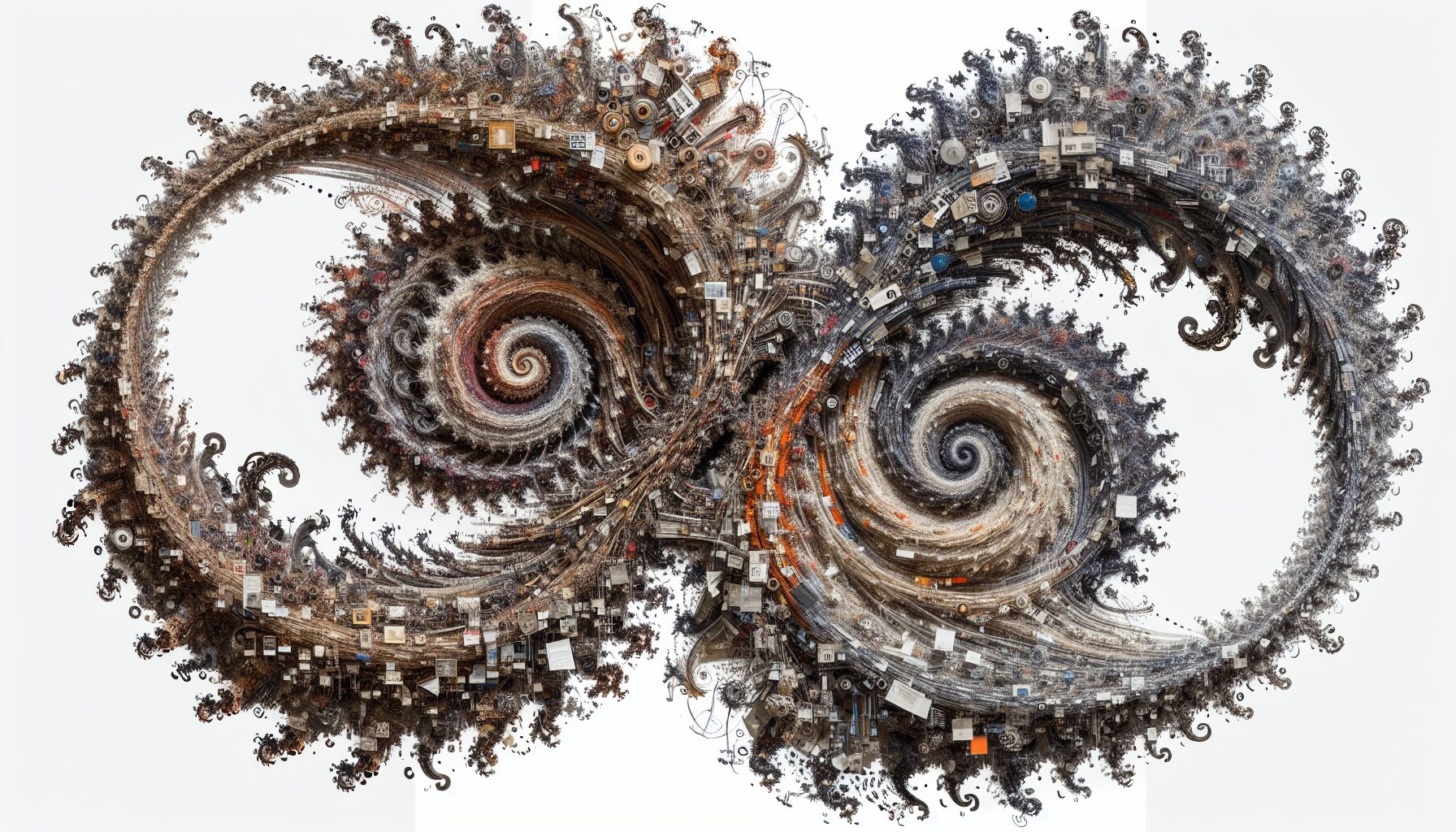
The Bifurcation of Consensual Reality Through Disinformation and Chaos Dynamics Chaos theory, with its focus on sensitive dependence on initial conditions, nonlinear dynamics, and the emergence of unpredictable patterns from seemingly small changes, offers a compelling lens to explore how malicious actors might have fractured consensual reality. Here’s a proposed theory, followed by speculation on…
-
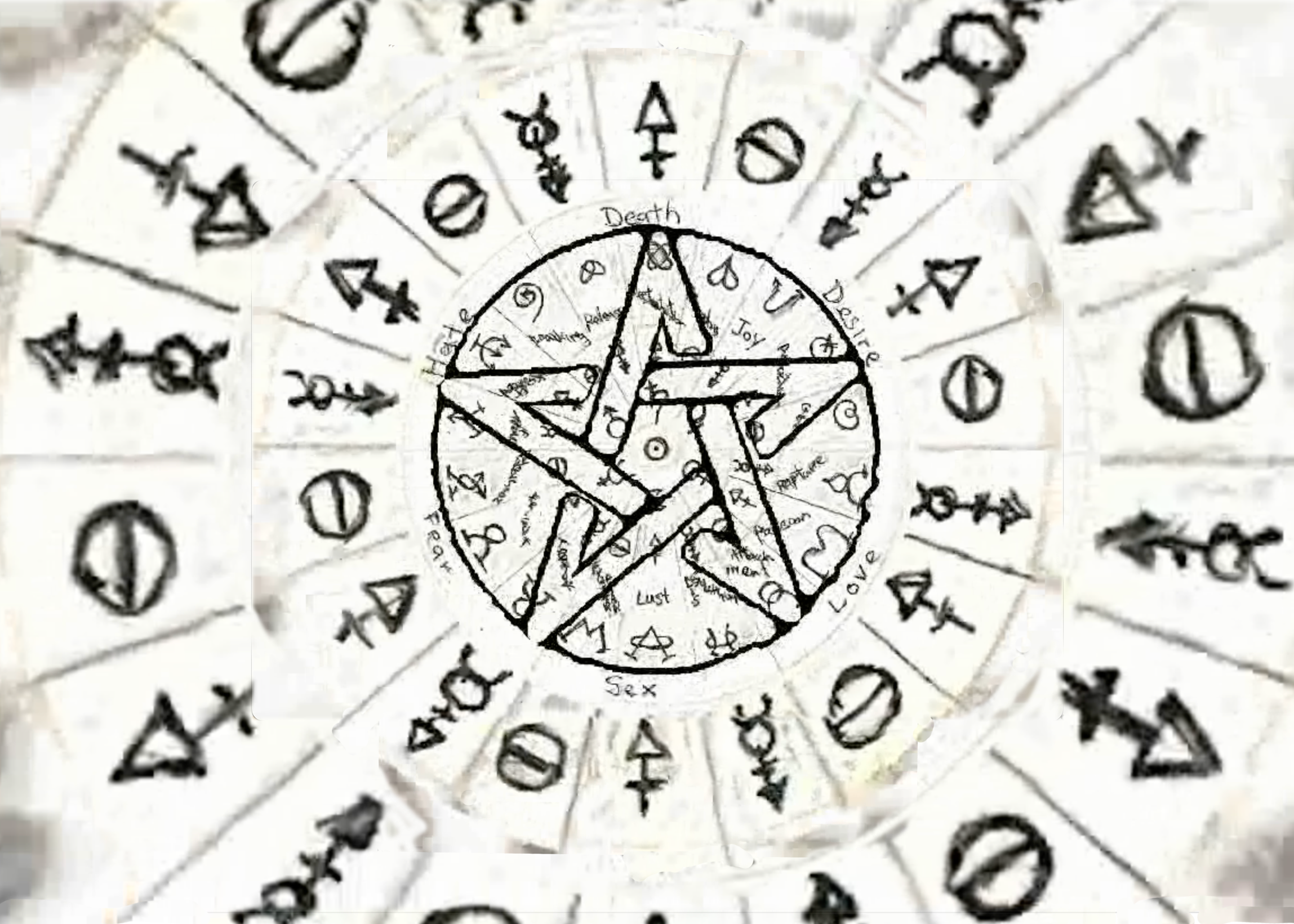
Kaos Magick: the goals of religion, the methods of science. Kaos Magick brings together a blend of Ancient And Postmodern data sources. In the Information Age the secrets of the the occult societies are no longer being hoarded. As their guardians realize they can by found in a used book store or downloaded for free…
-
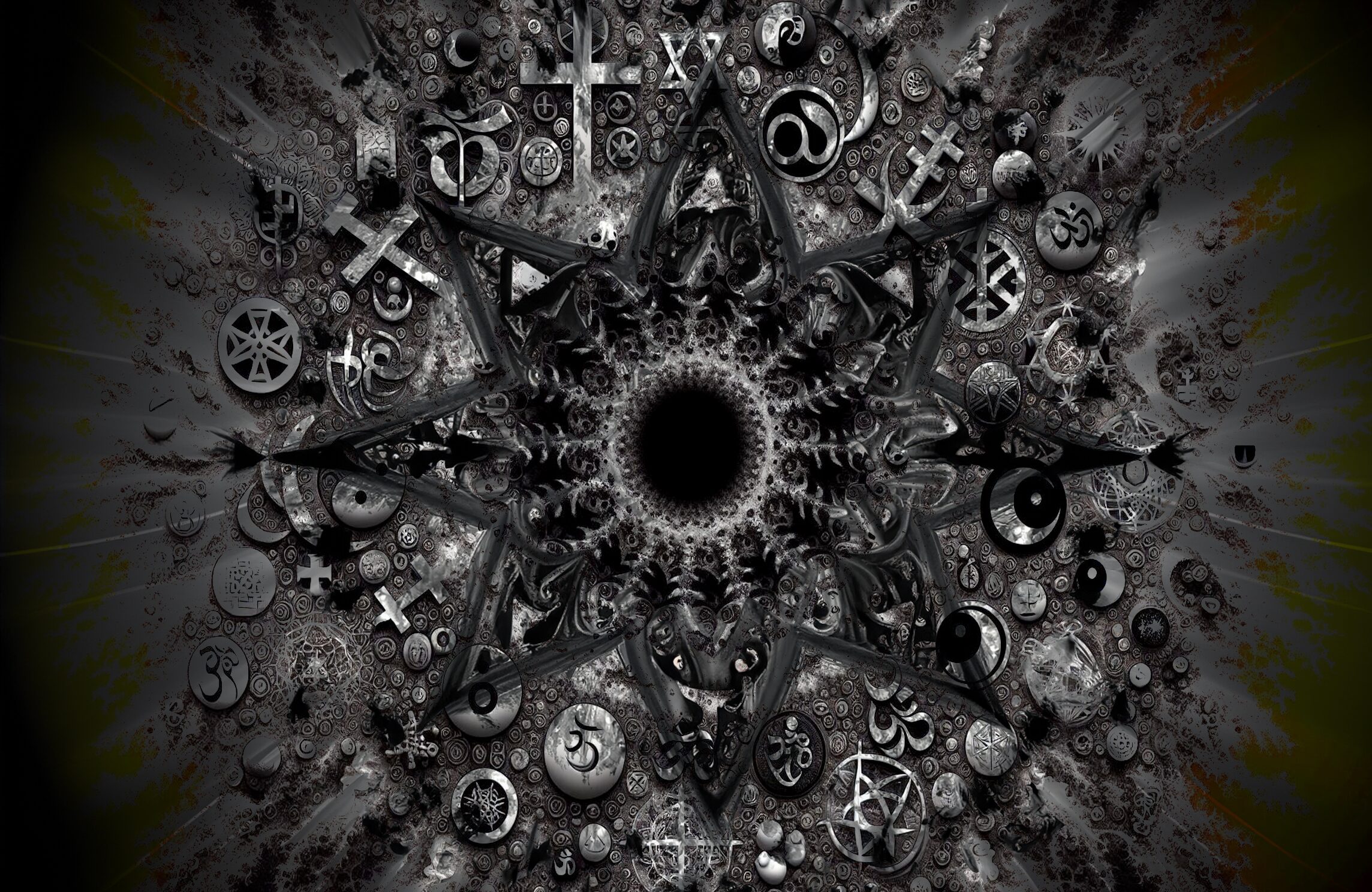
Chaos, Religion and the New World (Dis)Order. This is a Koch snowflake, a simple fractal you can make yourself, if you have an infinite amount of spare time. You start with an equilateral triangle and then replace the middle third of every line segment with an equilateral “bump.” Now do this with every new line…
-
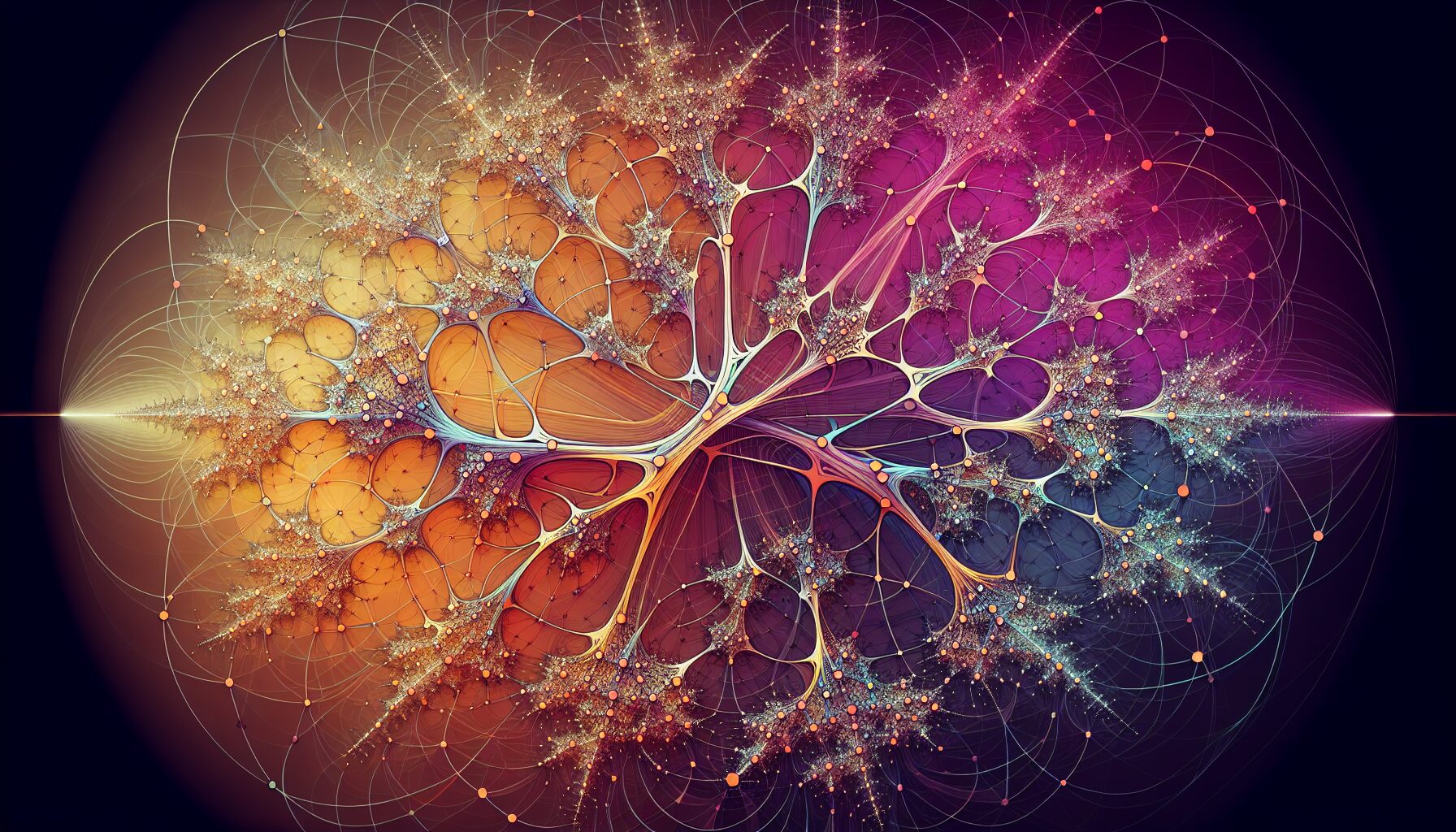
Chaos and the Science of Consciousness. Thomas Kuhn’s paradigm theory has been adapted to a nonlinear dynamical model by sociologist TR Young (Young, Paradigm) and others, and they have observed that “truth” is not absolute. In the realms of nuance between “facts” (Briggs/Peat p.194) are multiple fractal convolutions of truth that range in value between…
-
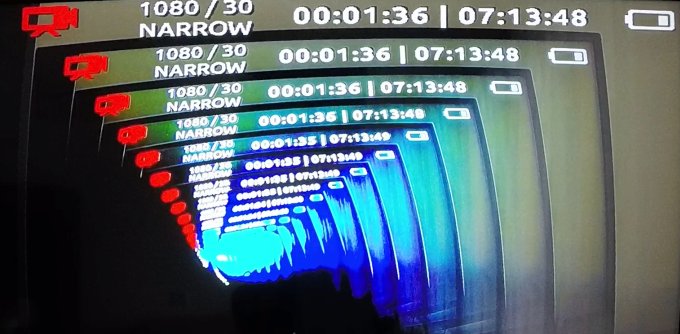
Chaos in Art and Cultural Practice. Part 2: Embracing Chaos … Continued from Part 1 Chaos theory is the study of simple iterative formulae that produce complex, unpredictable results. In common usage the word “chaos” implies disorder or randomness but this sense it means an underlying, unpredictable order from which patterns emerge over time. Those…
-
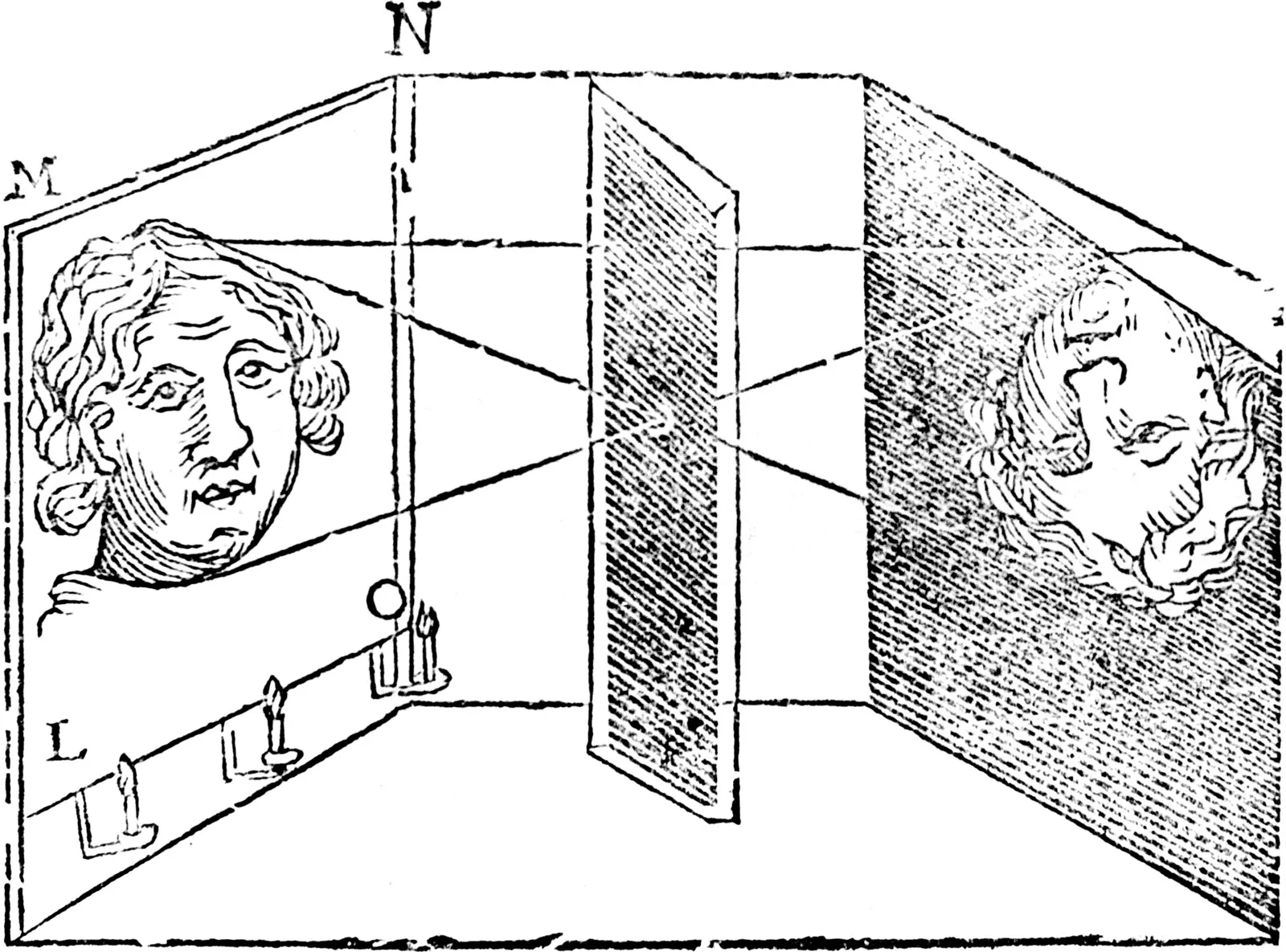
Chaos in Art and Cultural Practice Part 1: How Math Affects Art and Perception. For some it may be difficult to imagine how developments in mathematics have affected the evolution of the arts and the course of culture, let alone how they may change our own practice and how we contextualize our work. What does…
